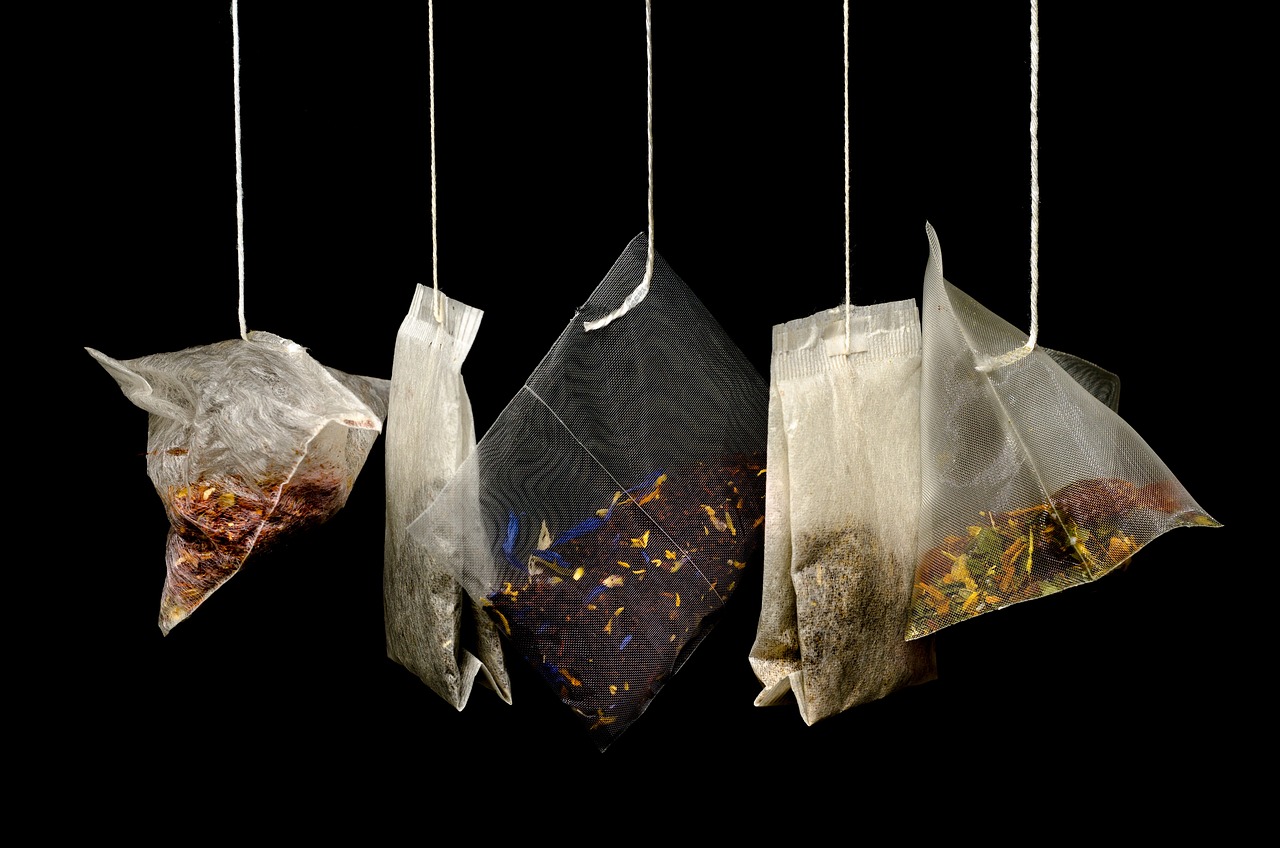We have investigated claims that Tesco is guilty of “greenwashing” over its biodegradable teabags. We have found that there is some truth to these claims, and we believe that it is important to shine a light on the issue of greenwashing in general.
Table of Contents
ToggleWhat is Greenwashing?
Greenwashing is a term used to describe the practice of making false or misleading claims about the environmental benefits of a product or service. It is a marketing tactic that companies use to appeal to consumers who are looking to reduce their environmental impact.
Unfortunately, greenwashing is all too common, and it can be difficult for consumers to distinguish between genuinely eco-friendly products and those that are simply making empty claims.
Tesco’s Biodegradable Teabags
In the case of Tesco’s biodegradable teabags, the issue is that the teabags are only biodegradable in industrial composting facilities. This means that they will not break down in a home composting system or in landfill.
While it is true that industrial composting is a more environmentally friendly way to dispose of waste than landfill, it is still not a perfect solution. Industrial composting requires a significant amount of energy and resources, and it is not always available in all areas.
Furthermore, Tesco’s packaging for the teabags is not currently recyclable, which means that even if the teabags are disposed of properly, the packaging will still end up in landfill.
What Can Consumers Do?
As consumers, we have a responsibility to be aware of greenwashing and to make informed choices when it comes to the products we buy. Here are some tips for avoiding greenwashing:
- Look for third-party certifications: Look for products that have been certified by reputable third-party organizations, such as the Forest Stewardship Council or the Rainforest Alliance.
- Do your research: Take the time to research products before you buy them. Look for reviews and information from independent sources.
- Read labels carefully: Don’t just rely on the marketing claims made by the company. Read the label and look for specifics about the environmental impact of the product.
- Support companies with a genuine commitment to sustainability: Look for companies that have a track record of sustainability and that are transparent about their environmental practices.
In conclusion, while Tesco’s biodegradable teabags are a step in the right direction, they do not live up to the company’s claims of being truly eco-friendly. As consumers, it is important to be aware of greenwashing and to make informed choices when it comes to the products we buy. By doing so, we can help to ensure that companies are held accountable for their environmental claims, and that we are making a positive impact on the planet.







